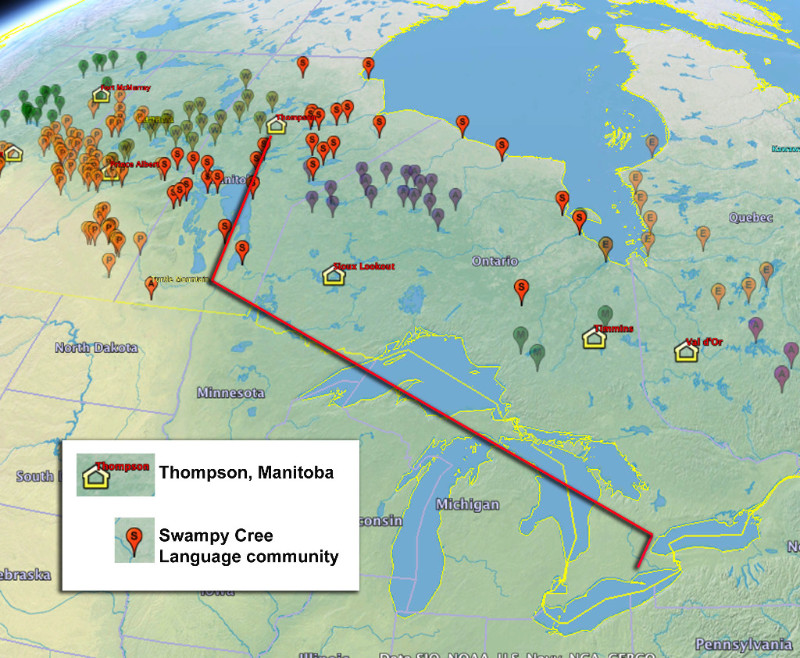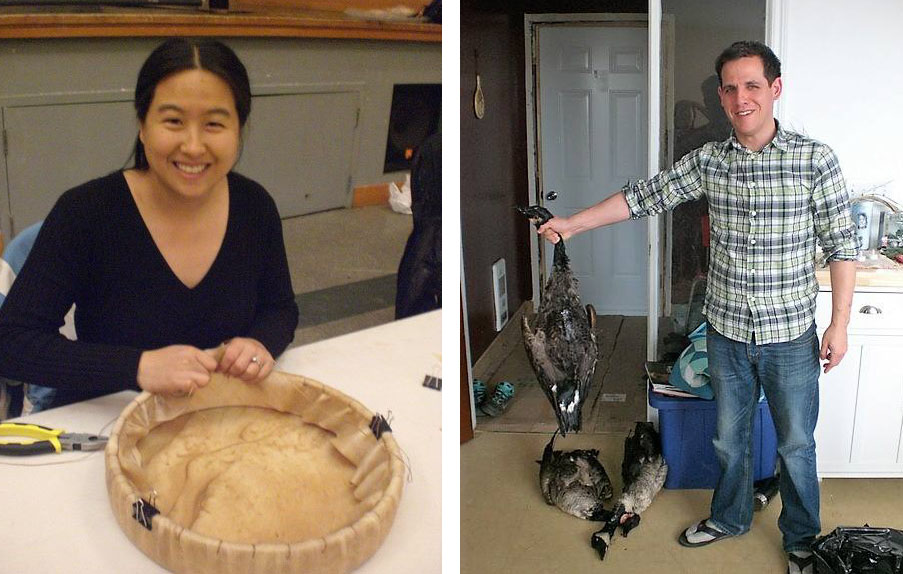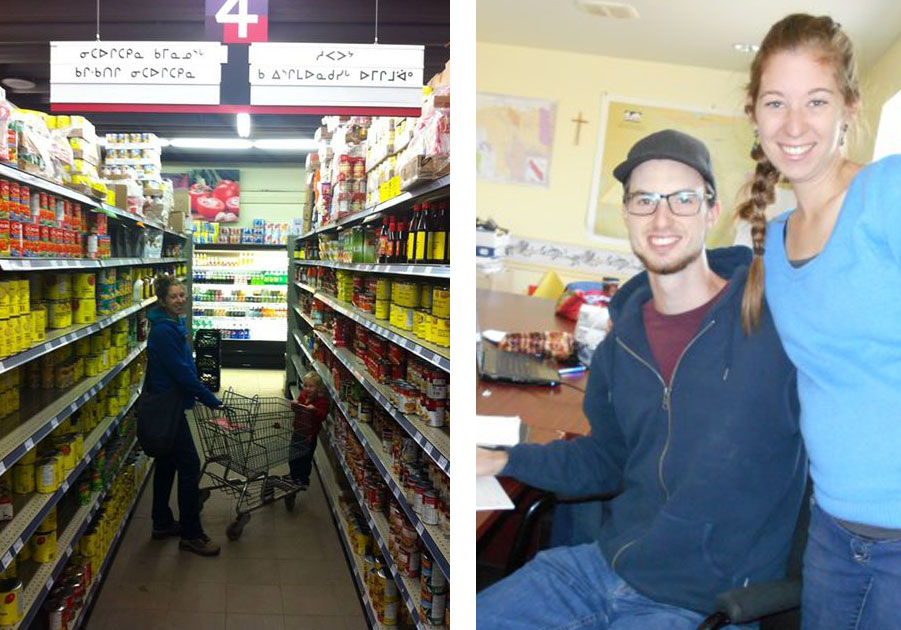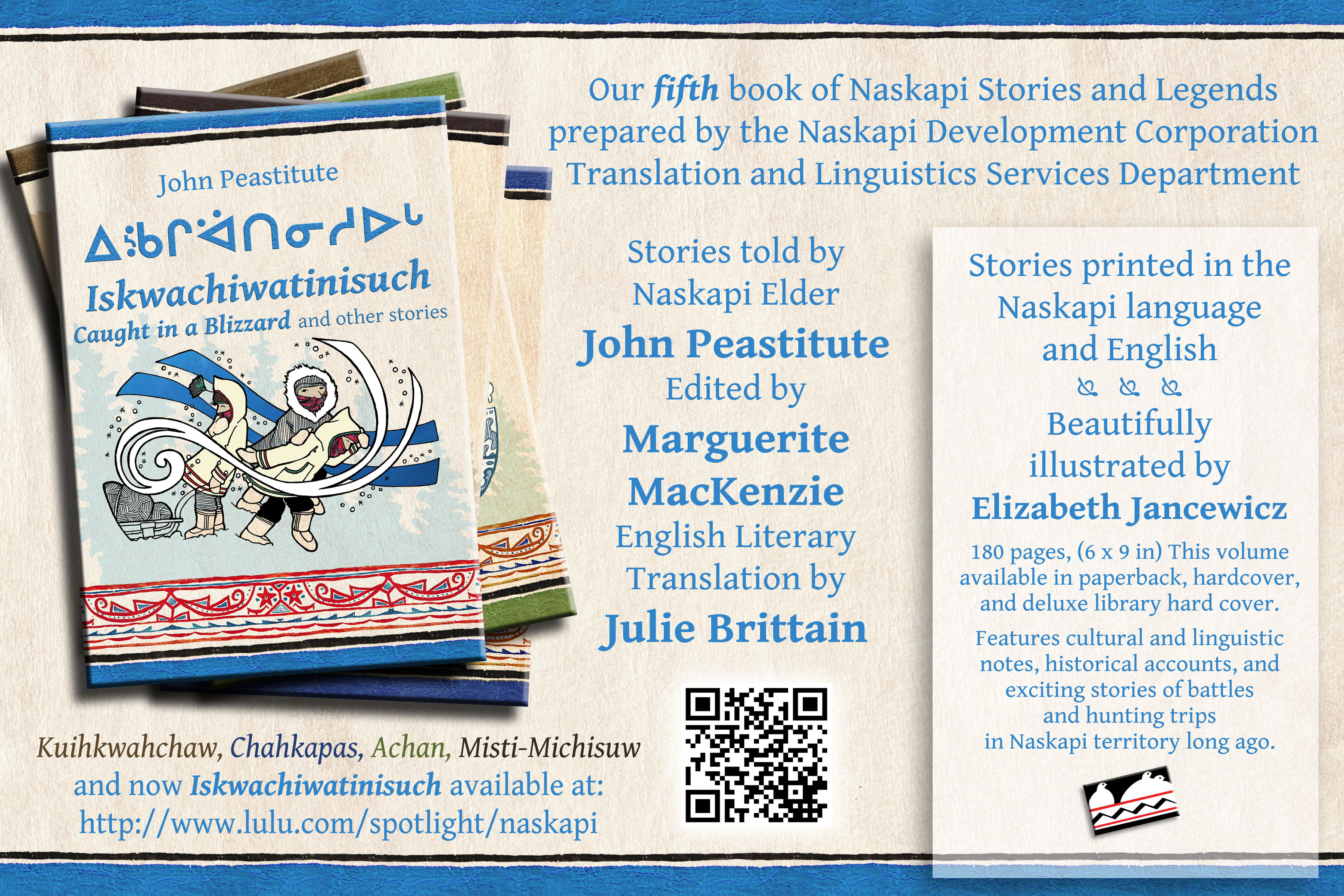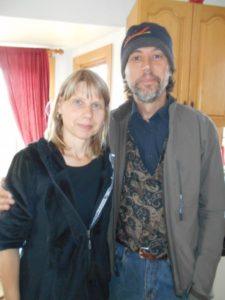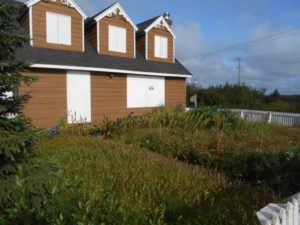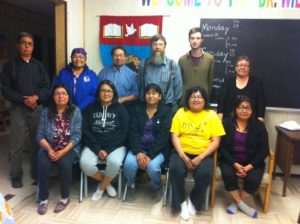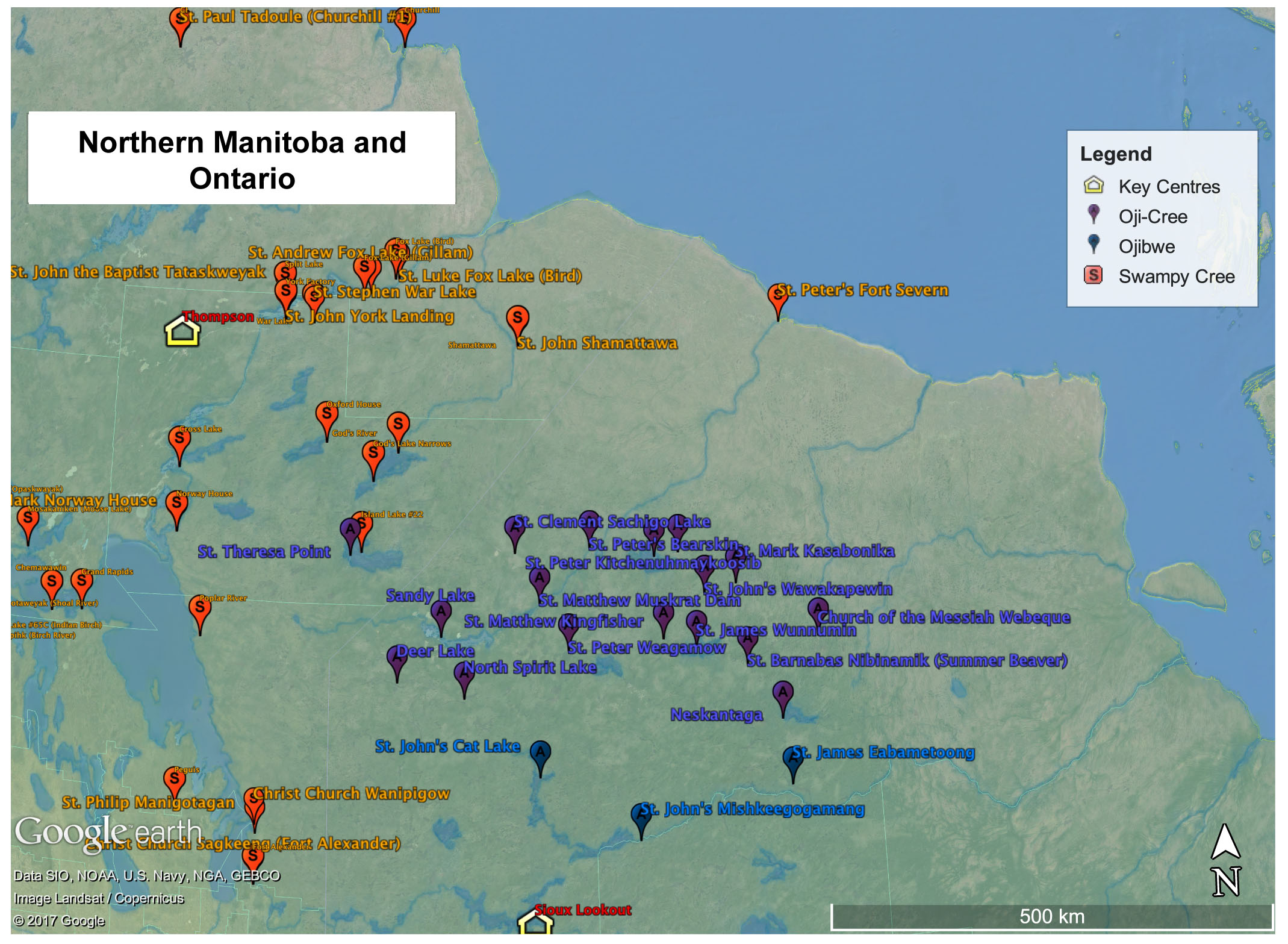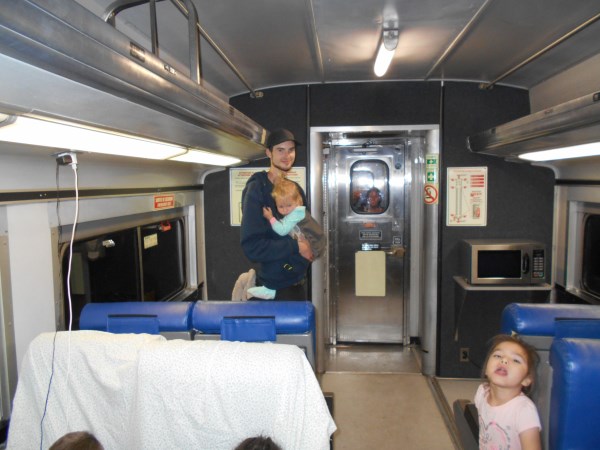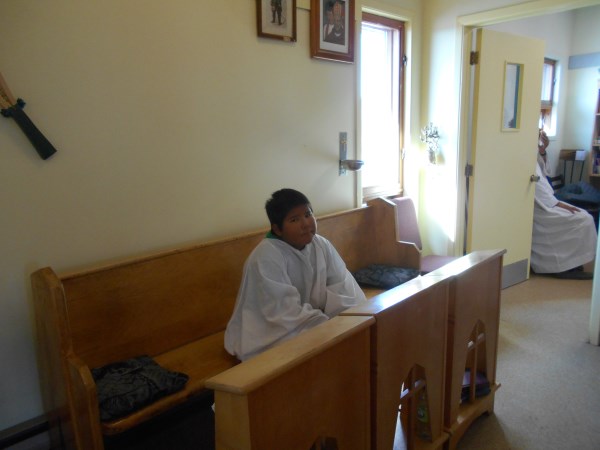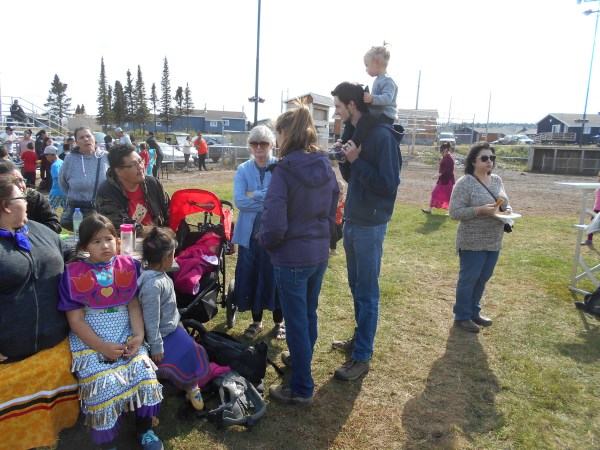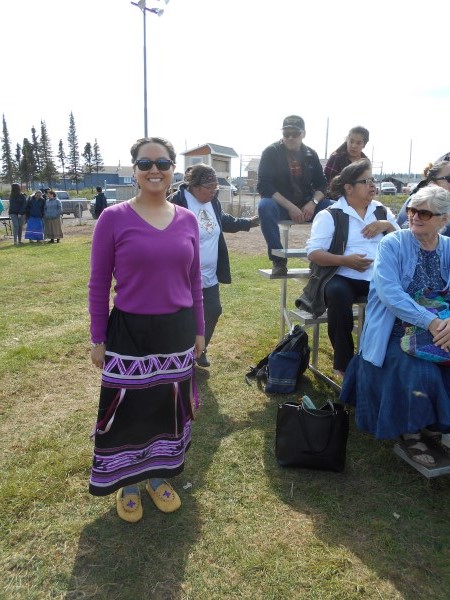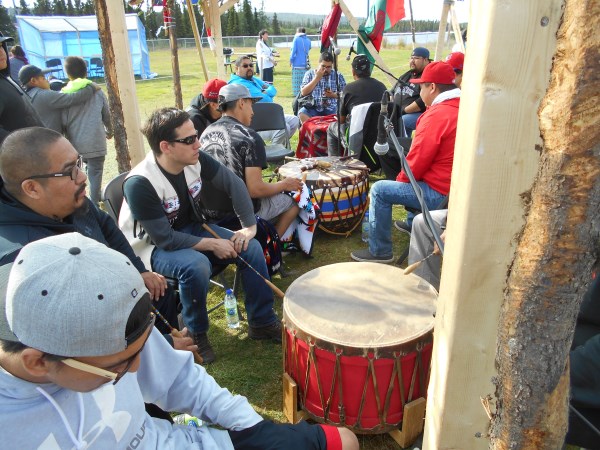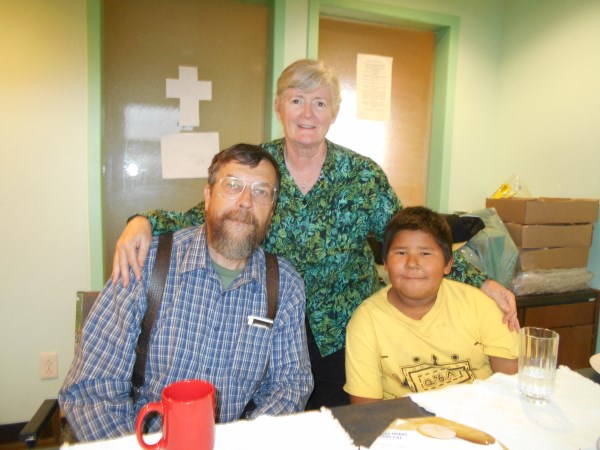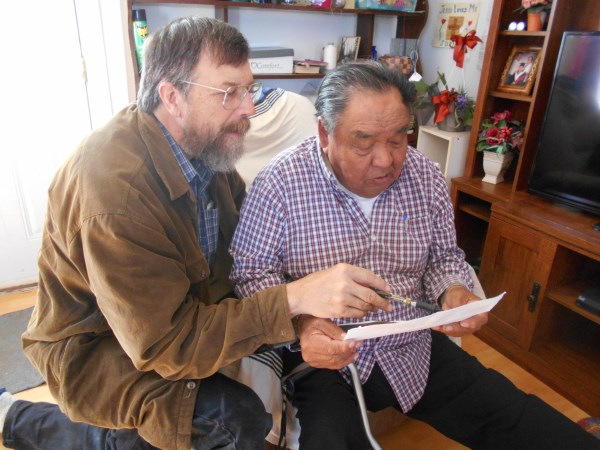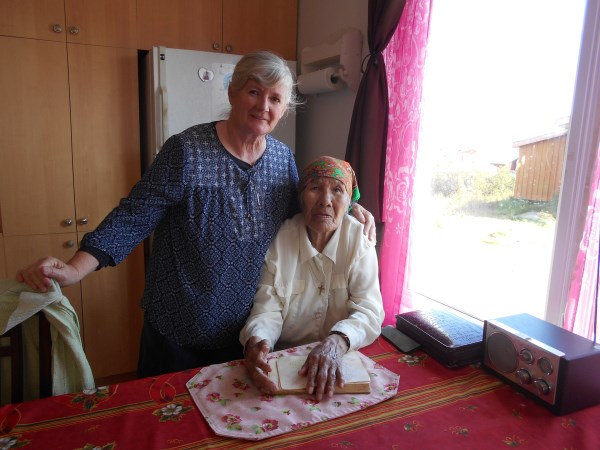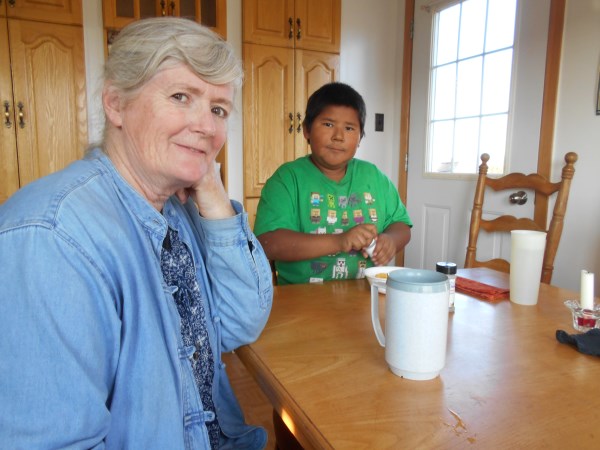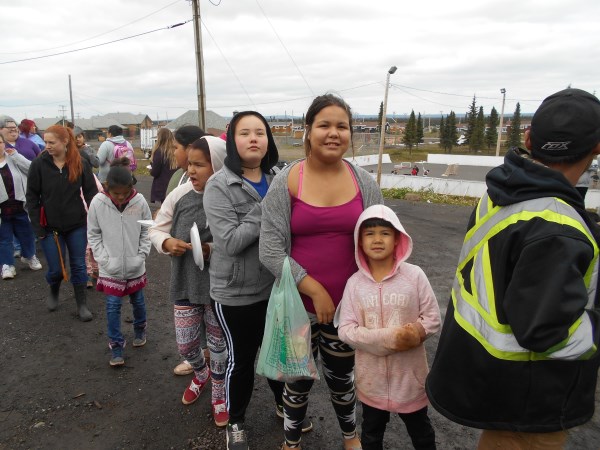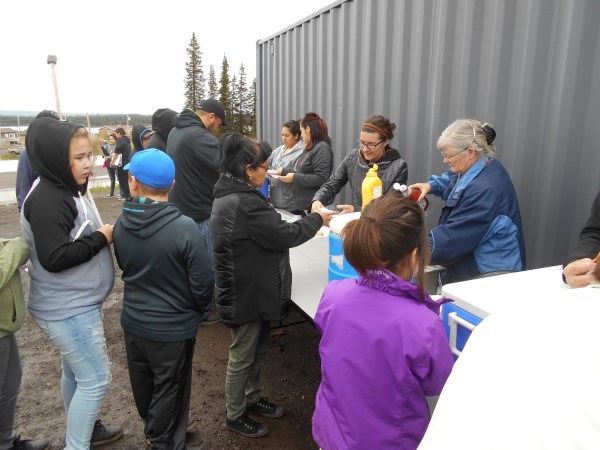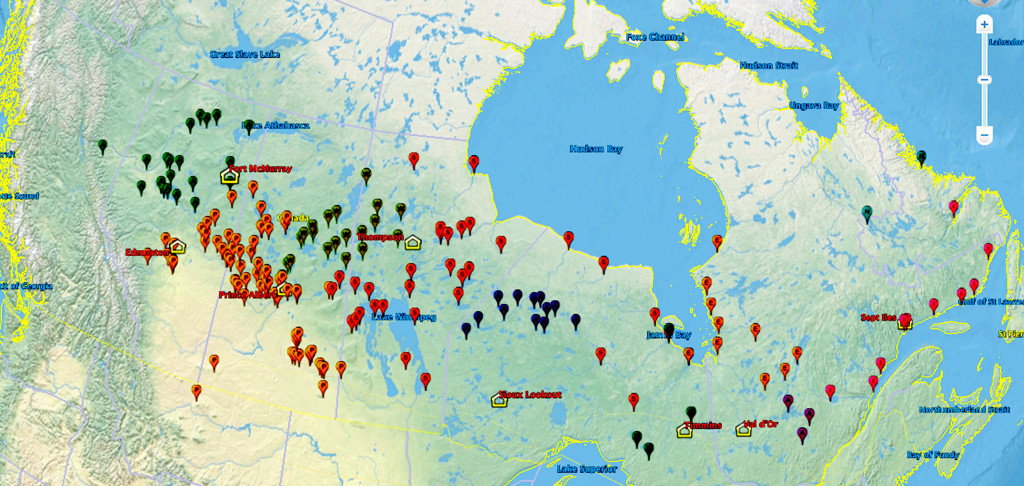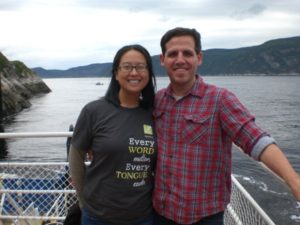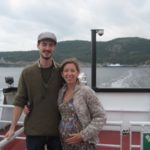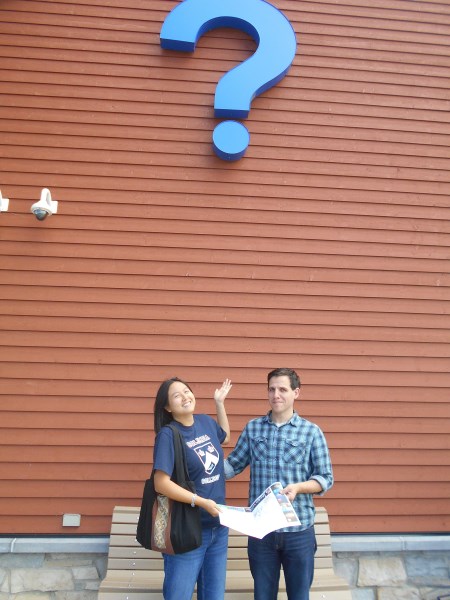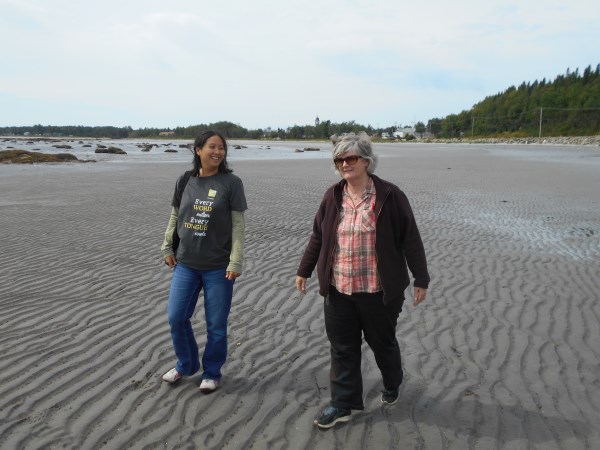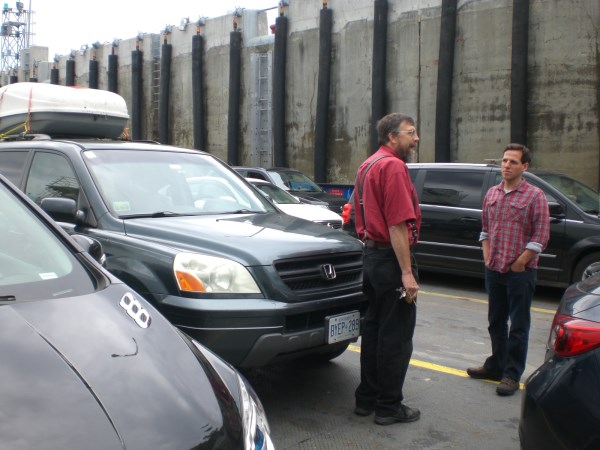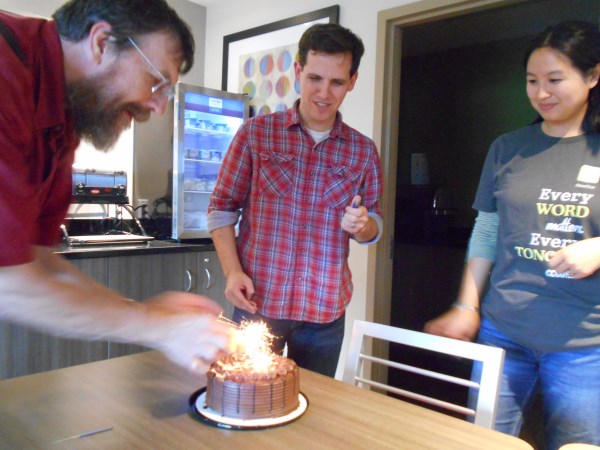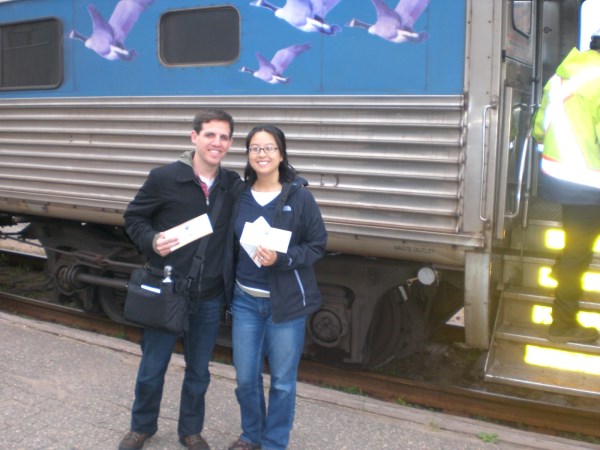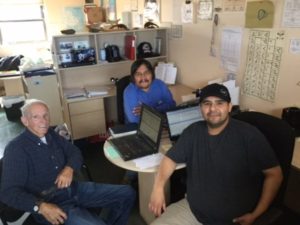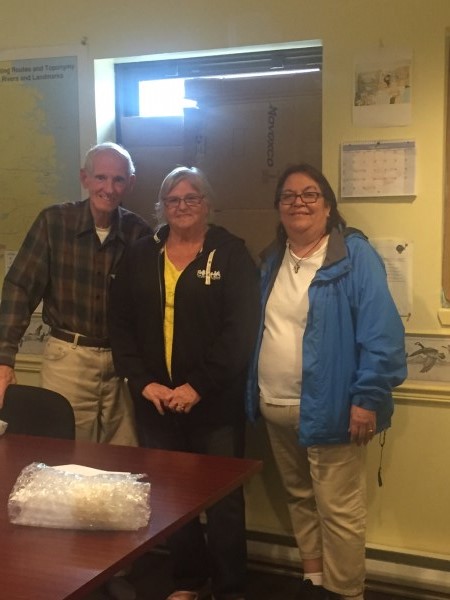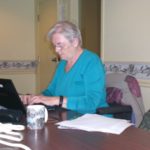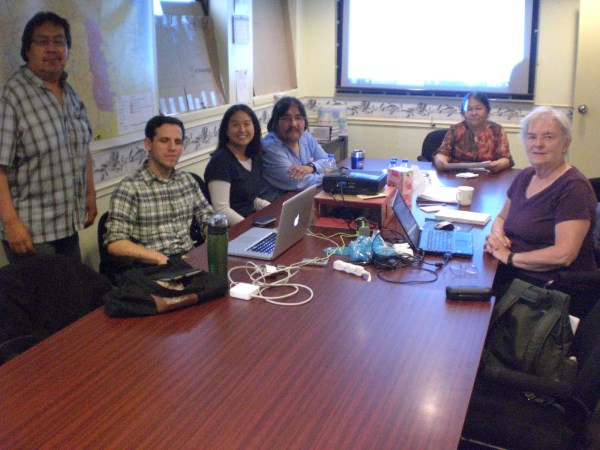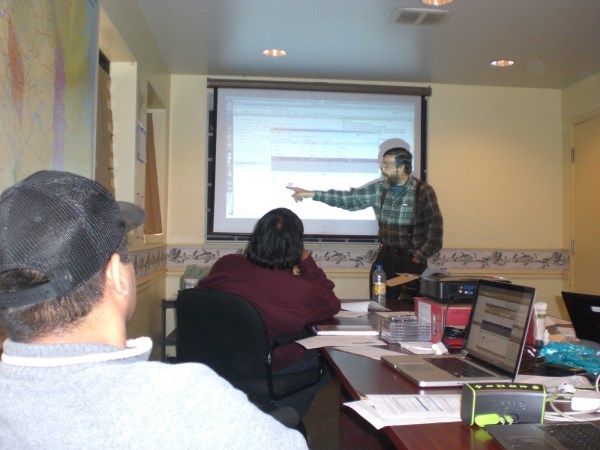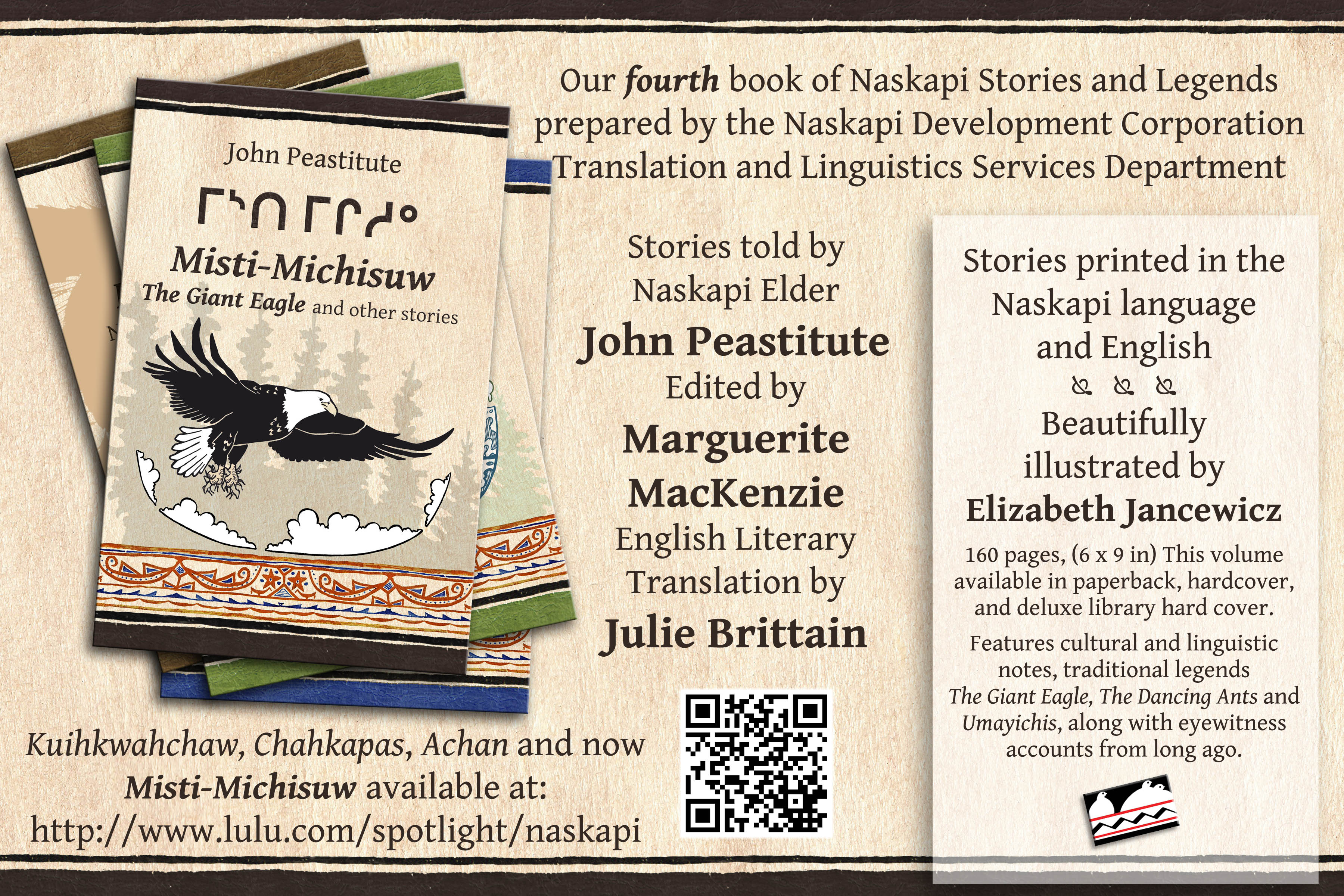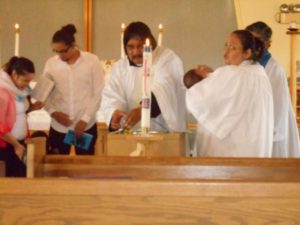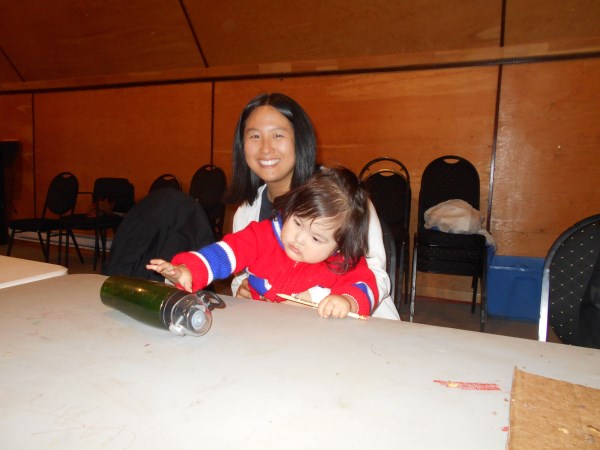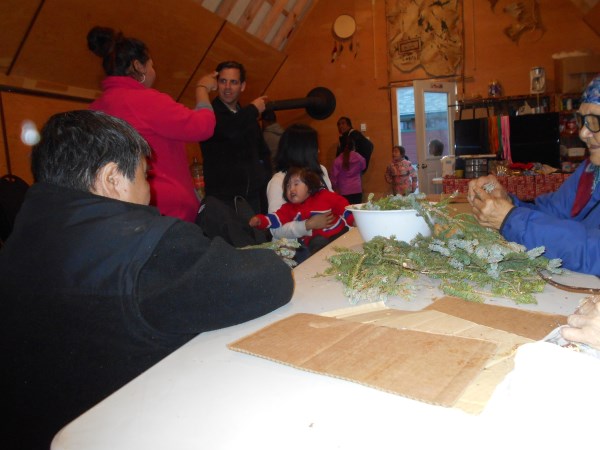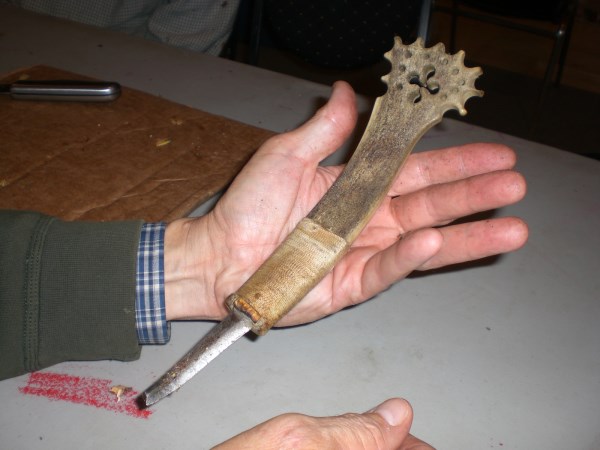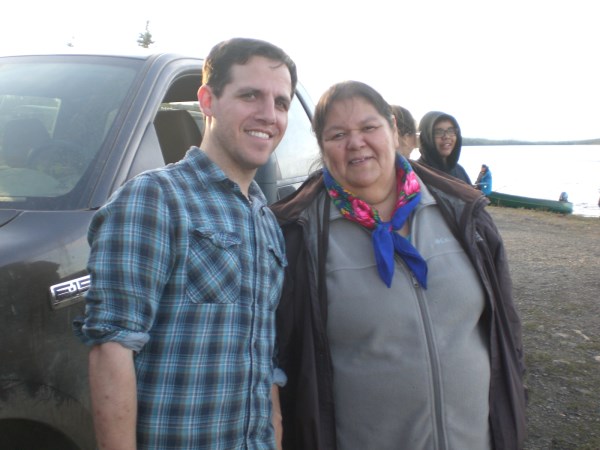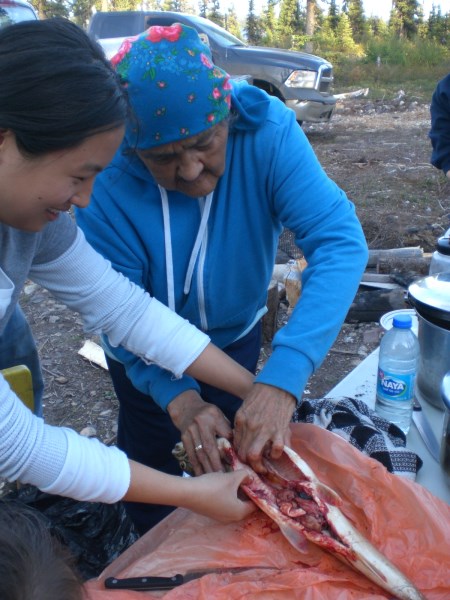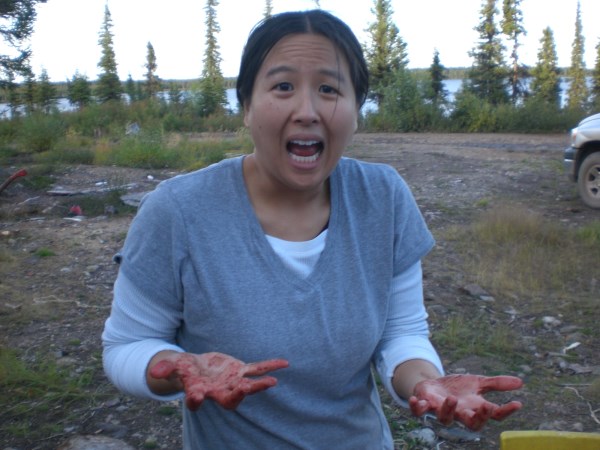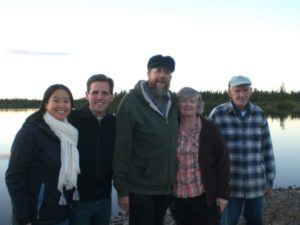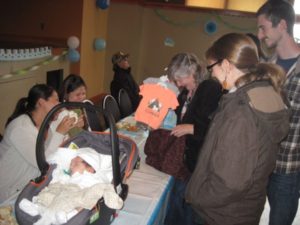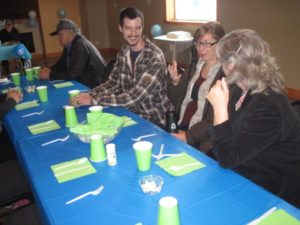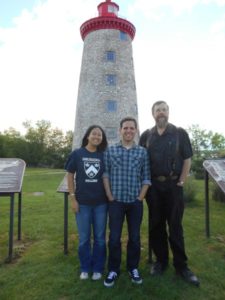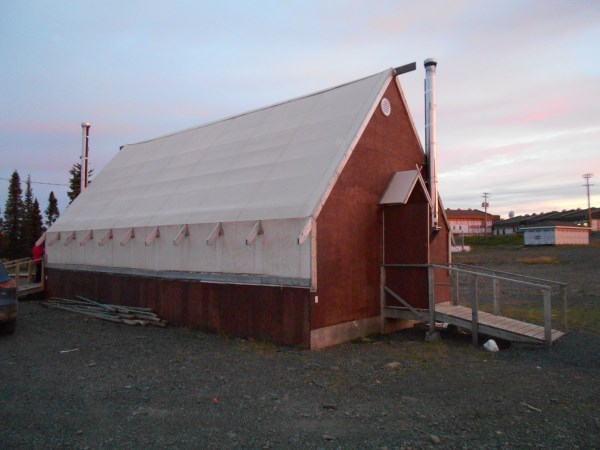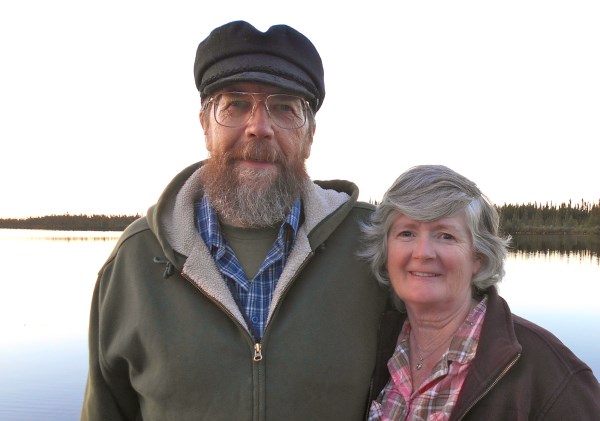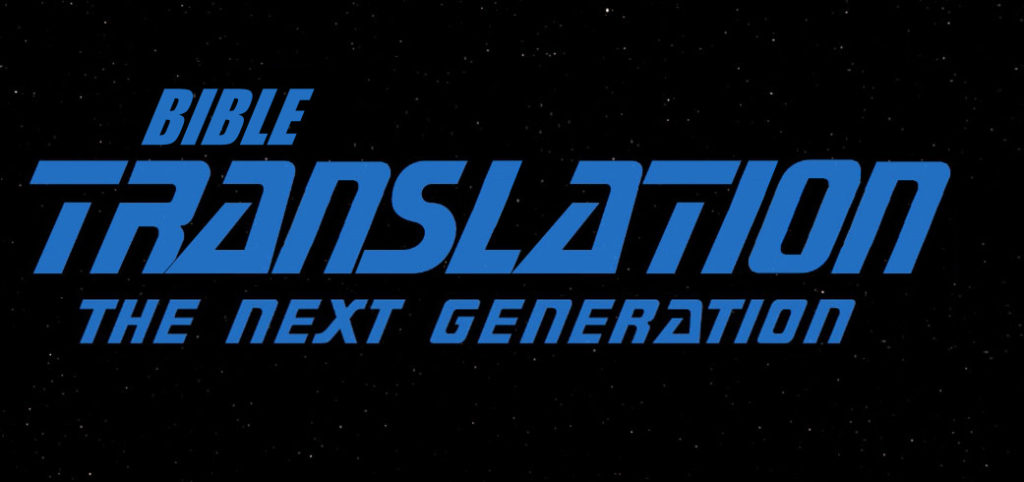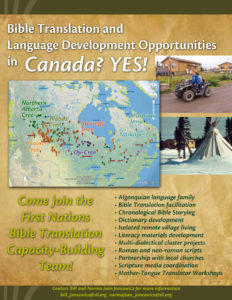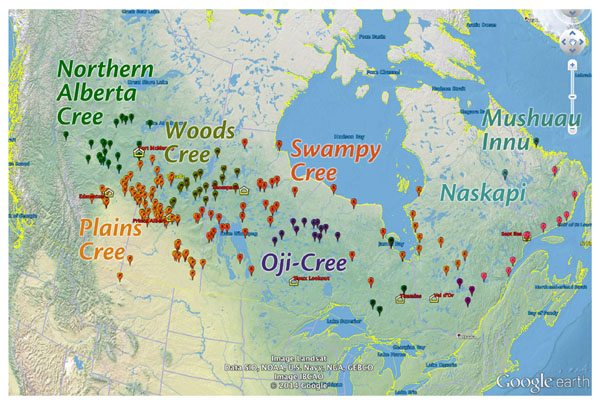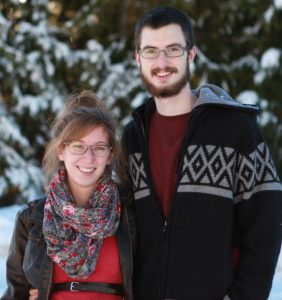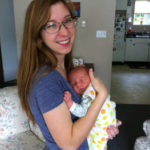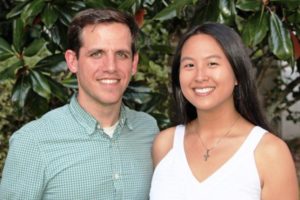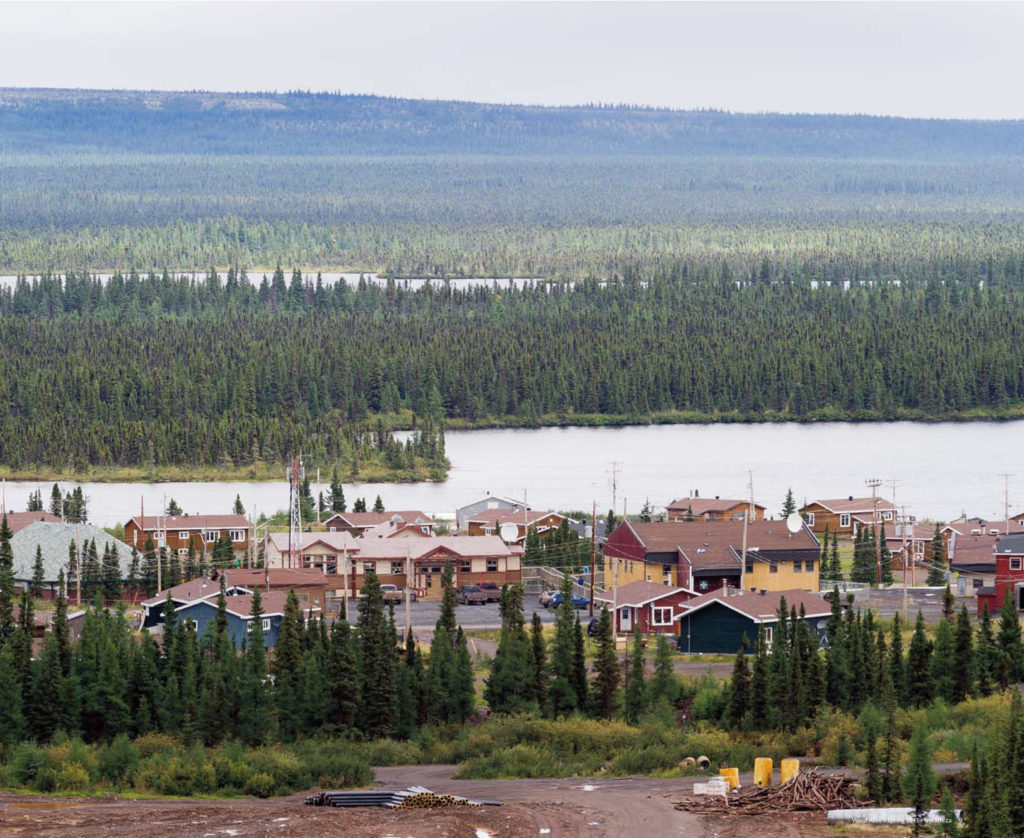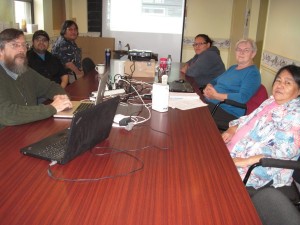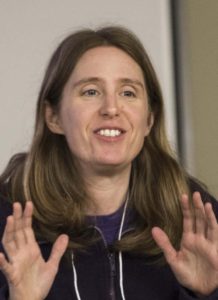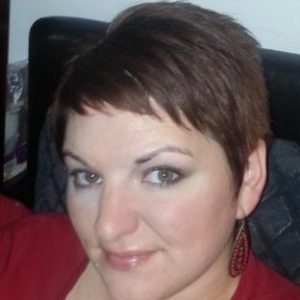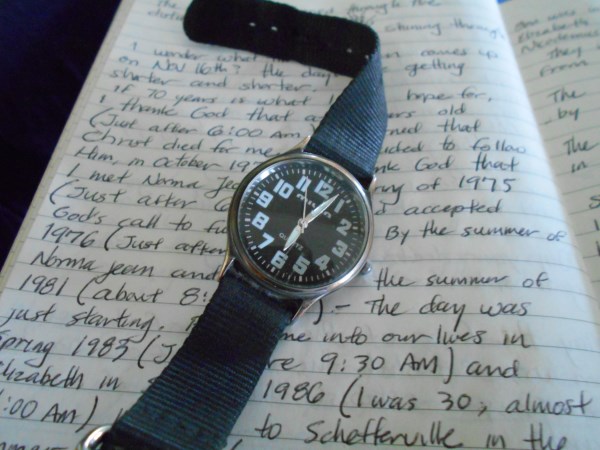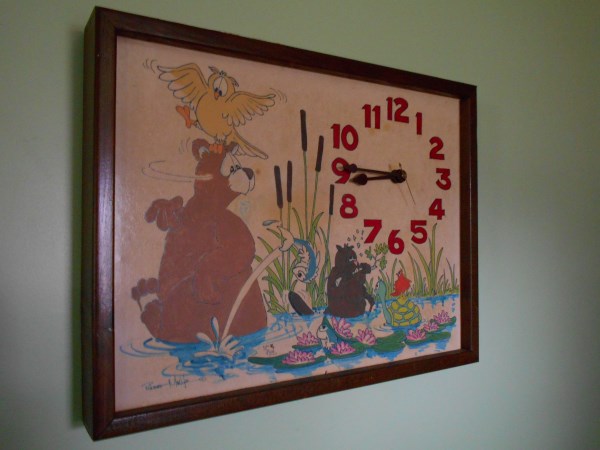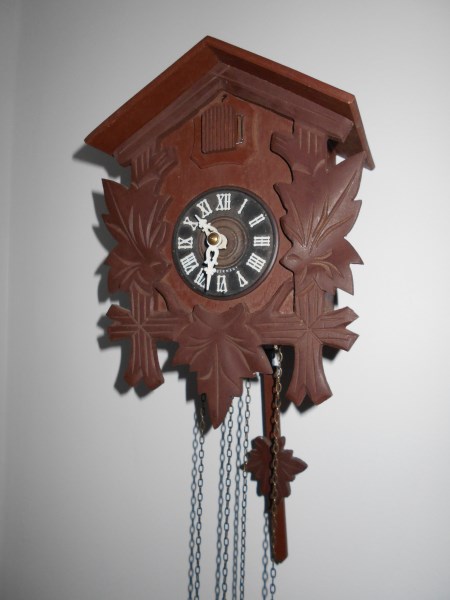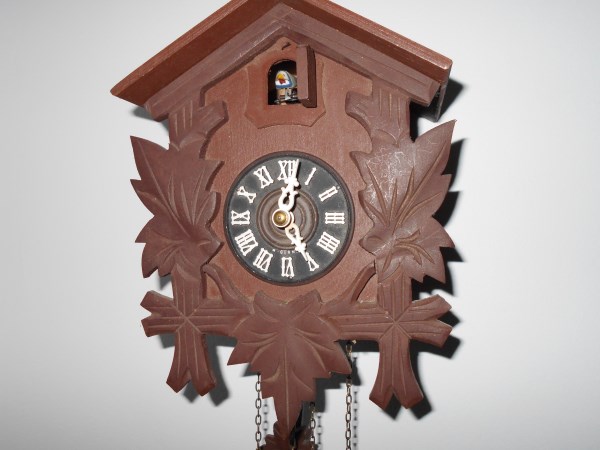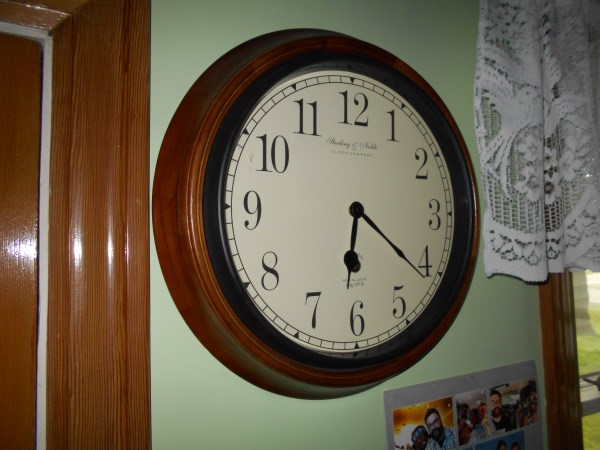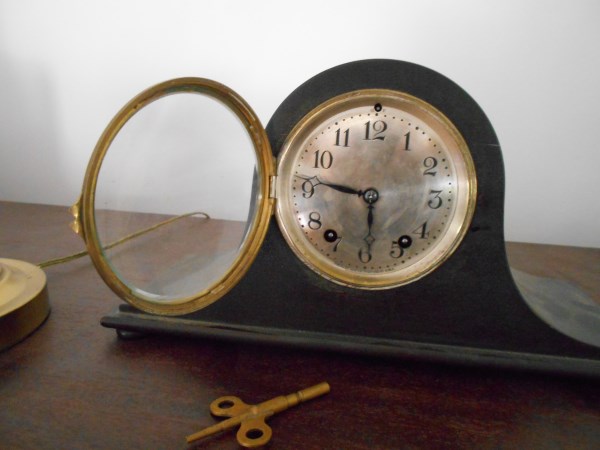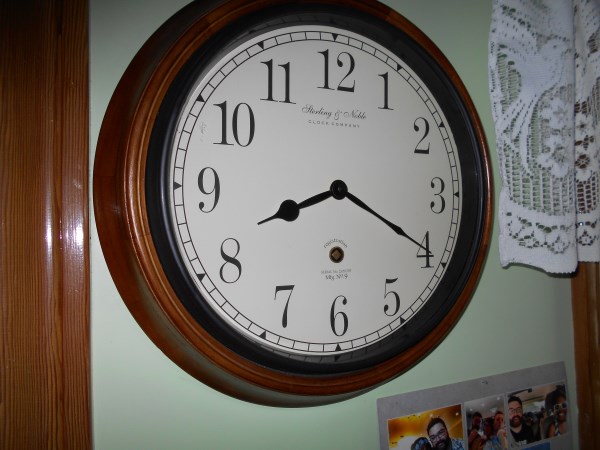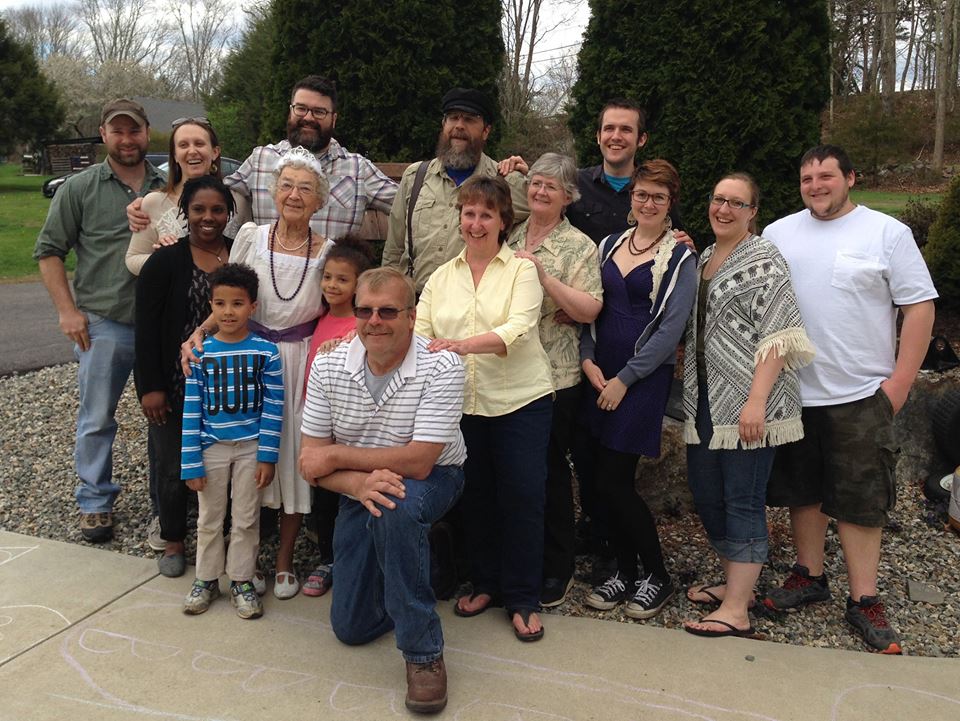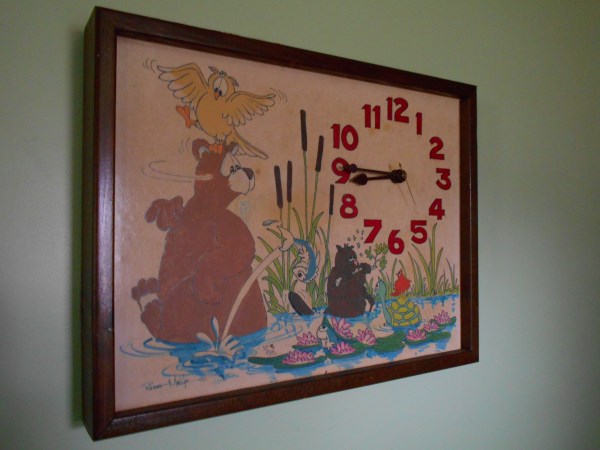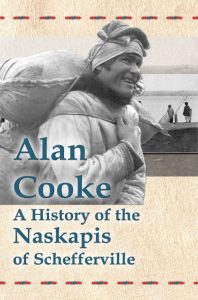Our Dear Partners,
This Northern Translation Brief is a special edition focusing on the Naskapi Translation Project. It is part of a set of special editions that highlight the “priorities” identified by the First Nations Bible Translation Capacity-Building Initiative, which so far have featured the following components of the vision:
The Naskapi Translation Project got its start long before we first visited the community of Kawawachikamach in northern Quebec in 1987. Indeed, the story of God at work bringing His message into the language of the Naskapi people is woven deep into their history as a distinct people group. You can read some of that history here: A History of the Naskapis of Schefferville, and, specifically relating to Naskapi literacy and scripture, here: Grammar Enhanced Biliteracy (especially pages 32-54).
We hope that you find this story of the Naskapi translation project interesting–but if you don’t have time to read it all right now, we encourage you to scroll down and read at least how Naskapi people today have connected their vision to the First Nations Bible Translation Capacity-Building Initiative.
There is also a narrated video slide-show of the story of the Naskapi Language and Bible Translation on YouTube at this link: https://www.youtube.com/watch?v=Hb0QxyXC8Ig
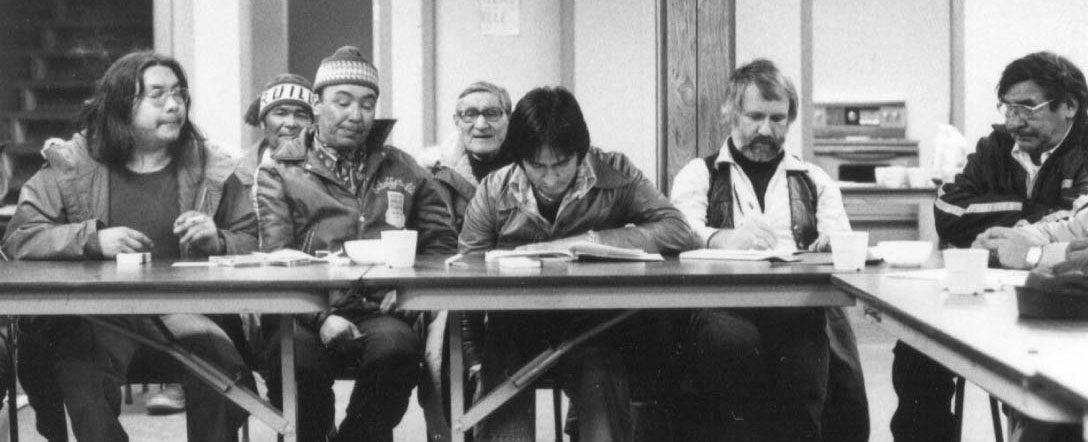
Naskapi leadership, 1977. Photo Collection LMW, accession number “1977, 5-18” Joseph Guanish (chief) 2nd from left at the table. (Ludger Müller-Wille, photographer)
In the 1970s, Joseph Guanish was the chief of the newly-recognized Naskapi Band of Schefferville, later called the Naskapi Nation. 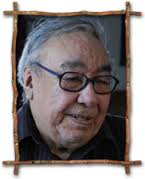 Throughout his leadership, he consistently expressed a strong vision and influence for Naskapi language development and Bible translation.
Throughout his leadership, he consistently expressed a strong vision and influence for Naskapi language development and Bible translation.
During this same period, the North America Branch of Wycliffe Bible Translators was launching a broad survey of the languages in Northern Quebec to determine translation need. Such a need was identified for (at least) Algonquin, James Bay Cree, Montagnais, Atikamekw and Naskapi.
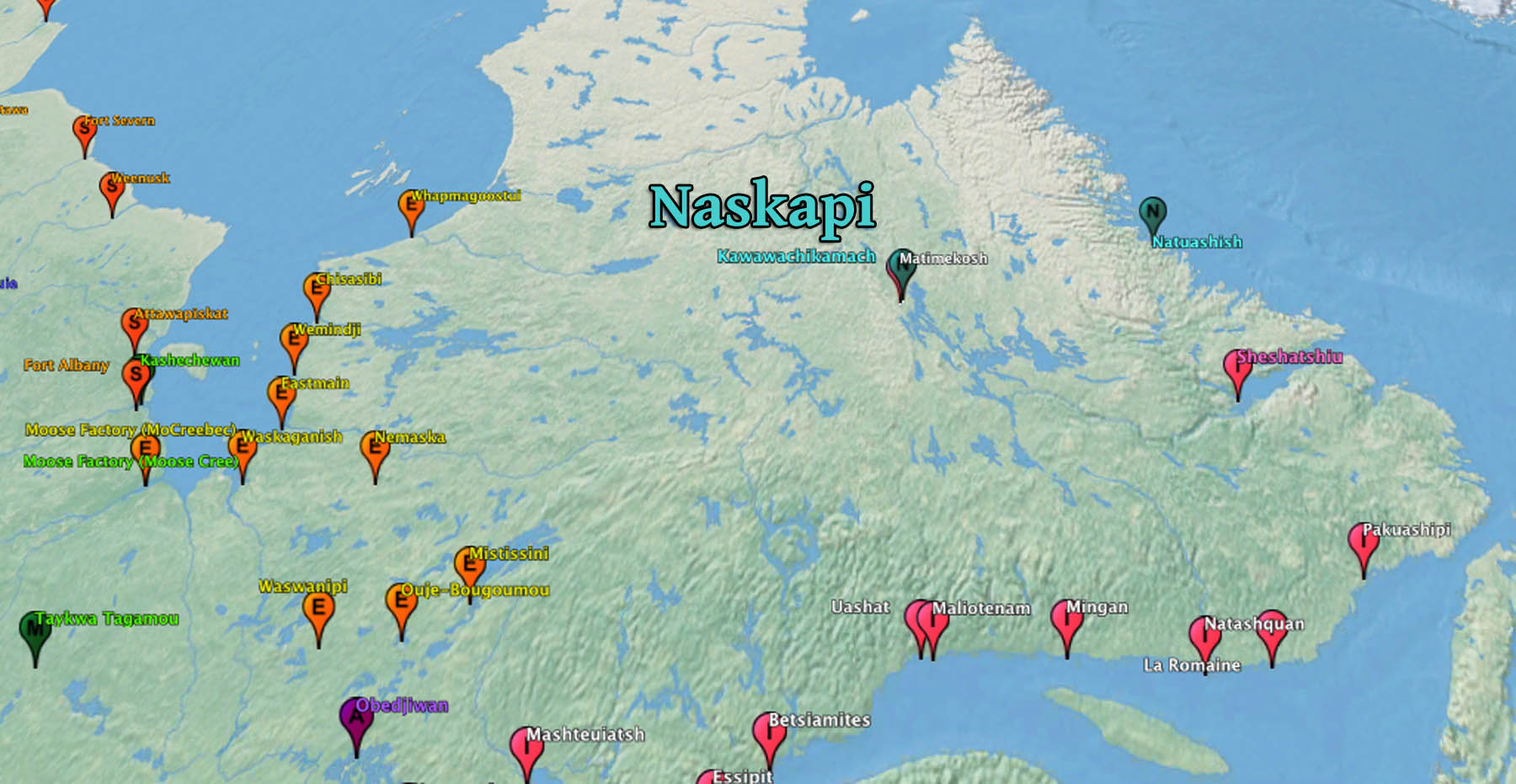 The survey workers visited the Naskapi community and not only determined that there was a need for language work, but also met Naskapi community and church leaders who encouraged Wycliffe Bible translators to come and help them.
The survey workers visited the Naskapi community and not only determined that there was a need for language work, but also met Naskapi community and church leaders who encouraged Wycliffe Bible translators to come and help them.
By 1978, Wycliffe members Lana Martens and Carol Chase had accepted the challenge to begin to help provide the Bible and other materials in the Naskapi language. They were also involved in the other language development projects underway at that time, and were invited to assist with the Naskapi Band’s language projects, including the Naskapi lexicon and a grammar sketch.
That same year, Naskapi leadership presented a brief to the Quebec government requesting assistance in economic and language development. One result of this was the formation of the Naskapi Development Corporation (NDC), the local Naskapi entity mandated with engaging in the work that has resulted in the translation of the Naskapi Bible.
Heath challenges and other circumstances prevented Lana and Carol from continuing their on-site work after 1983. No Naskapi scriptures had been published by that time.
In 1984 we (Norma Jean and Bill) joined Wycliffe Bible Translators while we were studying linguistics at the Summer Institute of Linguistics (SIL) program at the University of Washington. The following year we were accepted for service with the North America Branch of Wycliffe. After completing Bible School undergrad and linguistics training and raising support, we accepted our first assignment to the Naskapi project in 1987. We moved to southern Quebec that year with our children to take a short French course, and then arrived in the Naskapi community Northern Quebec in June of 1988.
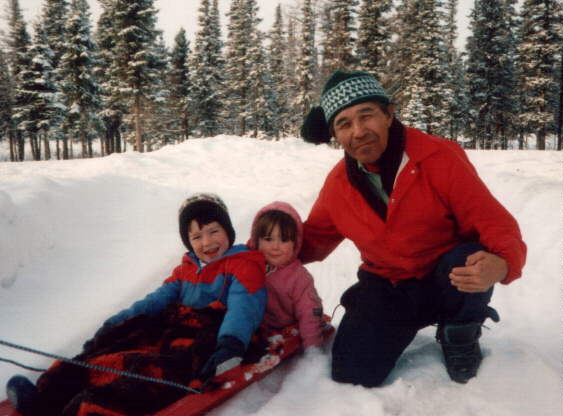
Benjamin, Elizabeth and Noah –1988
We were welcomed into Noah Einish’s house, a Naskapi elder who was living alone at the time and we still marvel at his generosity and willingness to invite a white family to share his home.
The story of our time in Kawawachikamach from 1988 to the present would fill many books that we are not writing here! But after 4 years of relationship-building and language learning we were invited to be involved with the Naskapi Lexicon (dictionary) project, which was one of the first language development projects taken on by the Naskapi Development Corporation (NDC). By the time this dictionary was published in 1994, the NDC had already committed some of its own resources to several other Naskapi language development projects, including Bible translation.
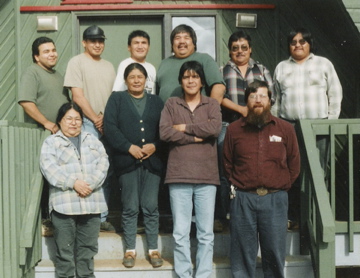
Naskapi MTT workshop at Kawawachikamach –1992
A local translation committee was established, starting with a Mother Tongue Translator (MTT) workshop which was held in the community with help from SIL and the Bible Society. This committee helped to guide the translation team on behalf of the community.
Bill helped George Guanish to translate the first scriptures into Naskapi: stories from the life of Christ in the “Walking With Jesus” series by the Canadian Bible Society.
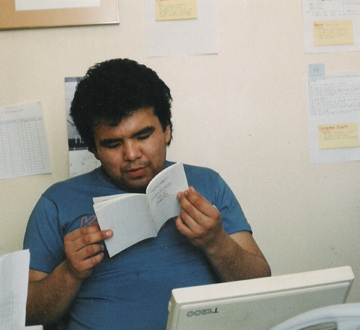
George Guanish “Walking with Jesus” –1994
In 1995, Bill was invited by the local Anglican priest to help him to produce the weekly scripture readings for the Naskapi church. This project was continued year-by-year and eventually led to the publication of the complete Sunday Lectionary readings in 2013.
In 1996, Silas Nabinicaboo was hired by NDC and while being trained by Bill he began to translate the book of Genesis into Naskapi.

Silas Nabinicaboo “Genesis” –1996
In 1997, Peter Einish was hired by NDC and trained to translate the first 10 chapters of Exodus and then the book of Luke. He eventually left the position to continue his education, and in 1999, Noat Einish was hired and trained to continue the Luke project, her first draft was finished in 2001.

Noat Einish “Gospel of Luke” –1999
In 2001, the James Bay Cree New Testament was dedicated and distributed. This is a Wycliffe translation project in a closely related language that would be used as a primary source text for the Naskapi project. That summer in 2001, the Naskapi team successfully translated the book of Philippians into Naskapi using James Bay Cree for guidance as a source text. The experiment went so well that the team decided that fall that they would work their way through the entire New Testament by this method, continuing with the book of the Acts of the Apostles. This was done by developing an incremental computer-aided adaptation approach coupled with an extensive community-checking and review procedure.
In early 2002, the first draft of the book of Genesis was completed. Silas then joined in the work on the New Testament translation and adaptation project, beginning with the book of Matthew.
In summer 2002, Bill and Joseph Guanish continued to implement the incremental computer-aided adaptation of the Naskapi New Testament. This work continued through the fall and into the spring of 2003, with the result that the entire Naskapi New Testament was completed in first draft, reviewed and also recorded in audio.
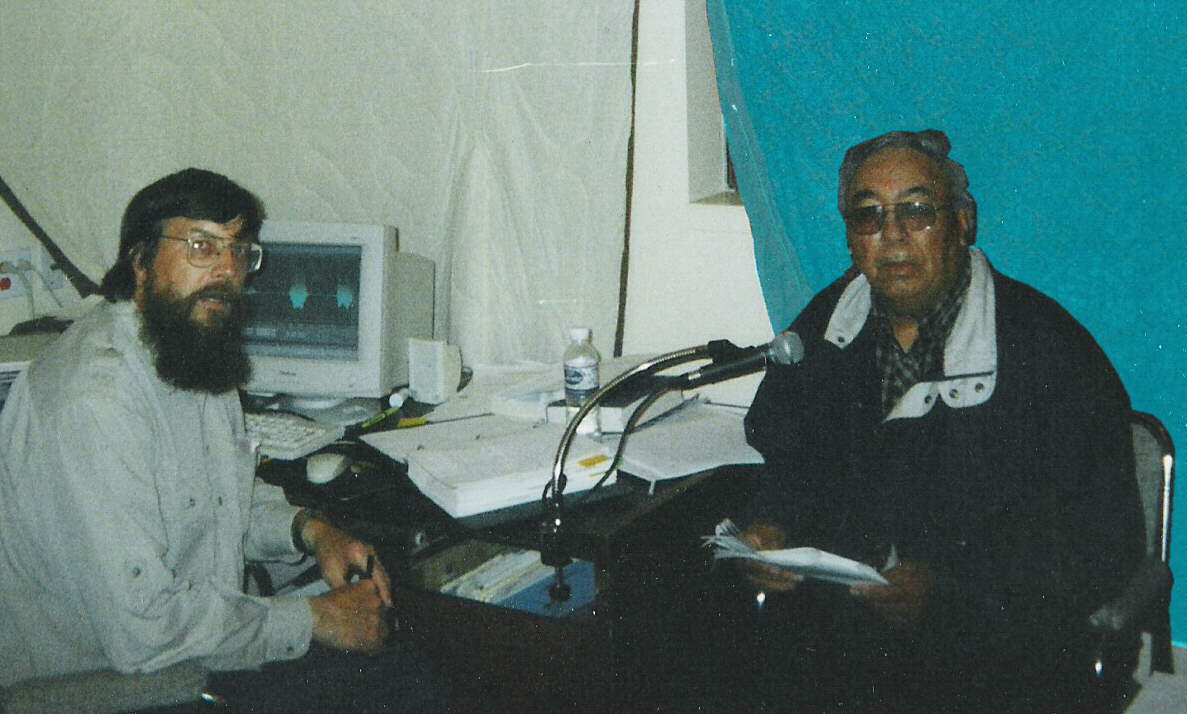
Bill & Joe Guanish New Testament read-through –2003
In June 2003, we moved to Connecticut to care for Bill’s father. During this period from 2003-2009, Bill traveled to the Naskapi community several times each year, while Silas traveled to Connecticut occasionally. The Naskapi New Testament was fully read-through, community-checked, consultant-checked and prepared for publication.
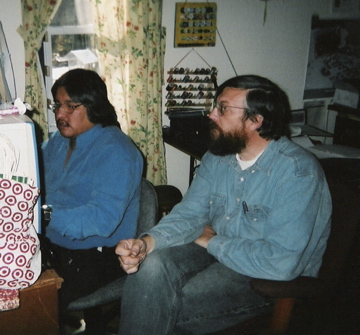
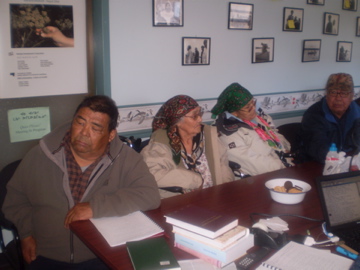
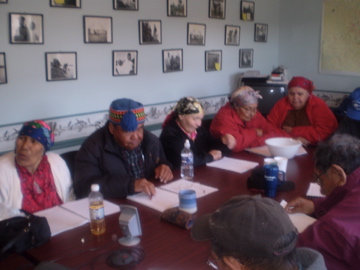
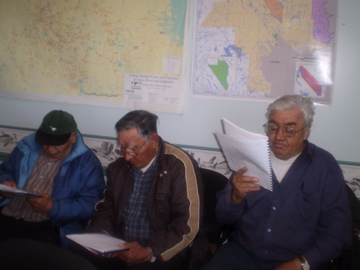
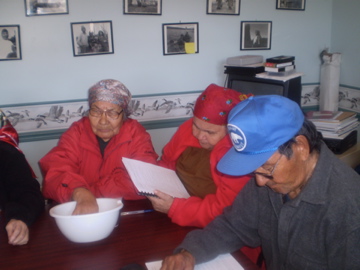
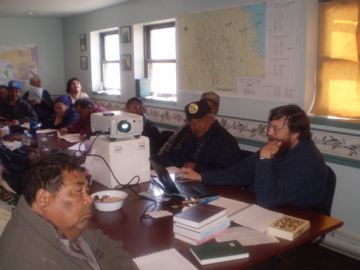 On September 16, 2007, the Naskapi New Testament was dedicated at St. John’s Church, Kawawachikamach, with archbishop Bruce Stavert presiding.
On September 16, 2007, the Naskapi New Testament was dedicated at St. John’s Church, Kawawachikamach, with archbishop Bruce Stavert presiding.
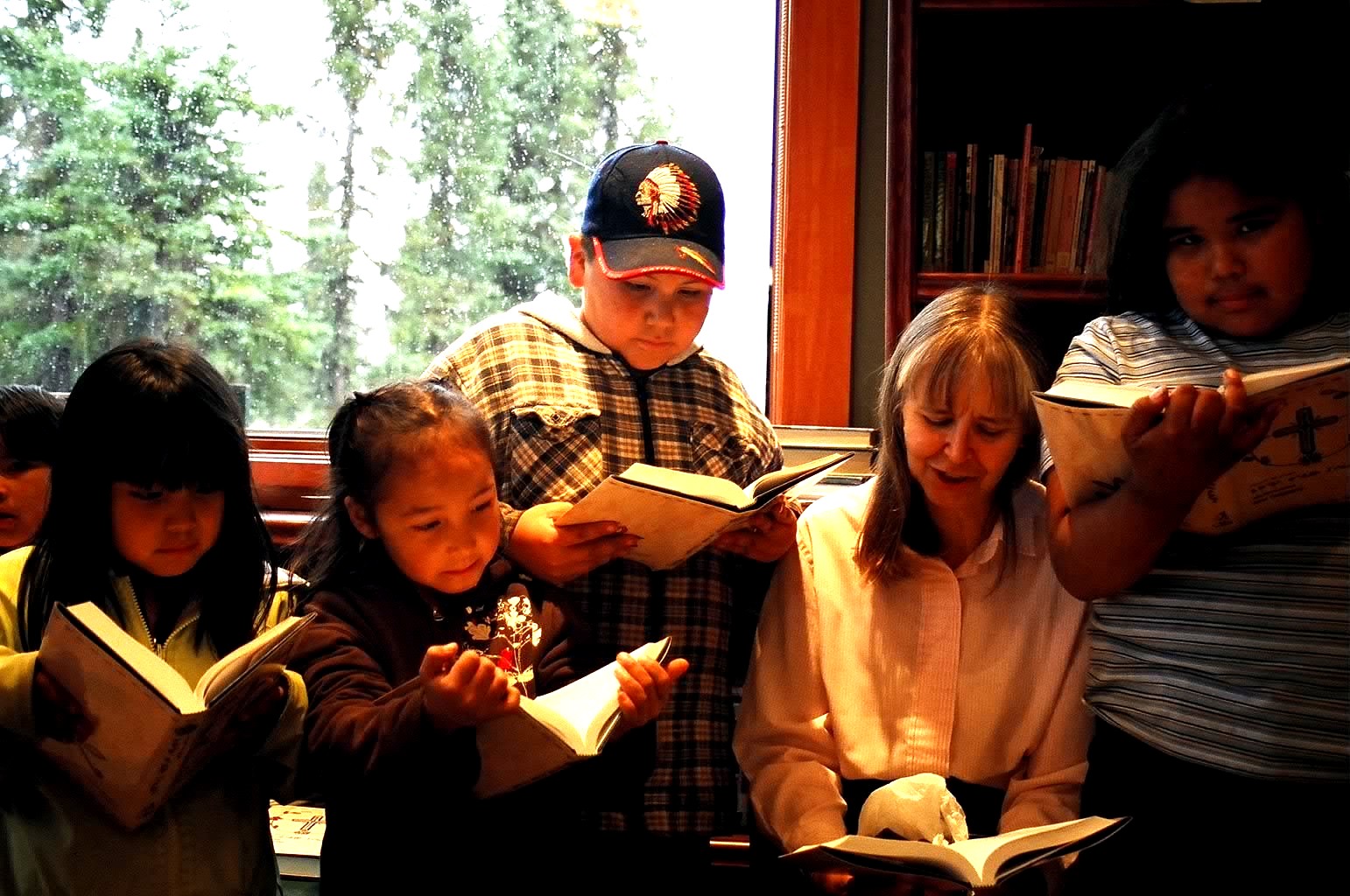
Lana Martens at the Naskapi New Testament Dedication — 2007
In October 2007, translation work on the read-through, community-checking and consultant-checking of the book of Genesis commenced, as well as work on drafting all of the remaining Old Testament readings for the Sunday Lectionary.
In March 2009, while we were back in Kawawa to check Old Testament readings and do some literacy training, it was made clear to us that there was a growing desire among the people there to read in Naskapi, and to know more of the scriptures. So, during the summer of 2009 we moved back into the Naskapi community to continue the work in literacy, Old Testament translation and scripture engagement.
Norma Jean connected with the Naskapi curriculum development department at the school, and Bill focused on increasing literature production and taught literacy and reading pedagogy to Naskapi adults. All three years of Old Testament Sunday Lectionary readings were completed and published with the New Testament readings in a week-by-week format.
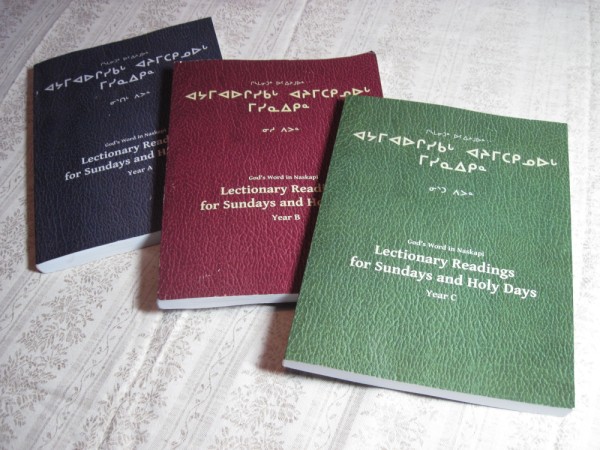
Three-Year Sunday Lectionary in Naskapi — 2012
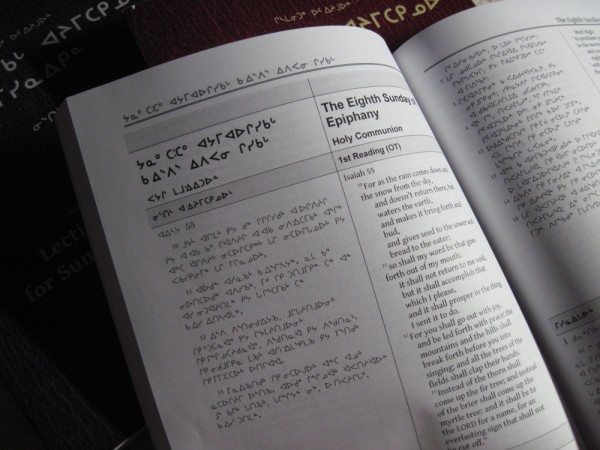 For five summers, 2009-2013, we also attended and staffed the Summer Institute of Linguistics (SIL) program at the University of North Dakota, while applying the skills we learned to developing Naskapi literacy, resulting in the successful training of several Naskapi teachers and Mother Tongue Translators (MTTs) through the Naskapi-McGill teacher training program. We also saw a marked increase in interest and ability in reading the scriptures in Naskapi, and in Naskapi literacy among adults and children in the community.
For five summers, 2009-2013, we also attended and staffed the Summer Institute of Linguistics (SIL) program at the University of North Dakota, while applying the skills we learned to developing Naskapi literacy, resulting in the successful training of several Naskapi teachers and Mother Tongue Translators (MTTs) through the Naskapi-McGill teacher training program. We also saw a marked increase in interest and ability in reading the scriptures in Naskapi, and in Naskapi literacy among adults and children in the community.
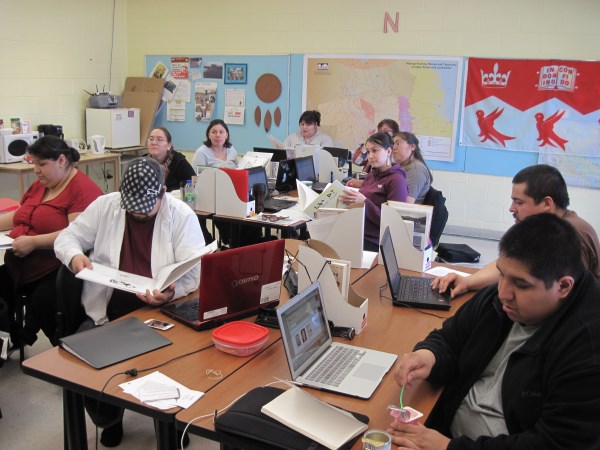
Naskapi-McGill teacher training
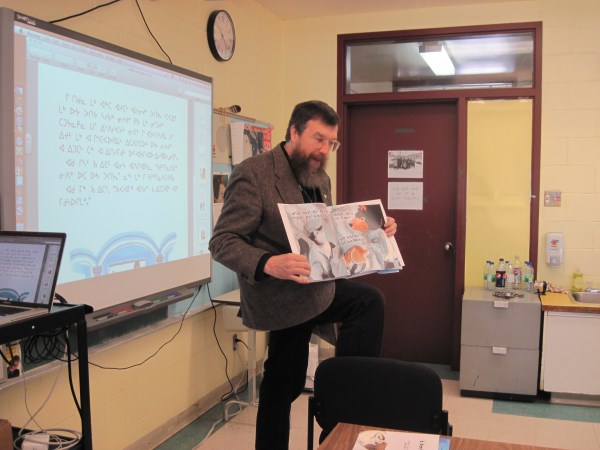
Naskapi Adult Literacy
During this period, the advances and success in the Naskapi community with regard to language, literacy and education caught the attention of other First Nations leadership beyond the province of Quebec. We accompanied representatives from NDC and the Naskapi Nation and the Naskapi school several times to facilitate the educational development of the Labrador Innu First Nations communities in Sheshatshiu and Natuashish.
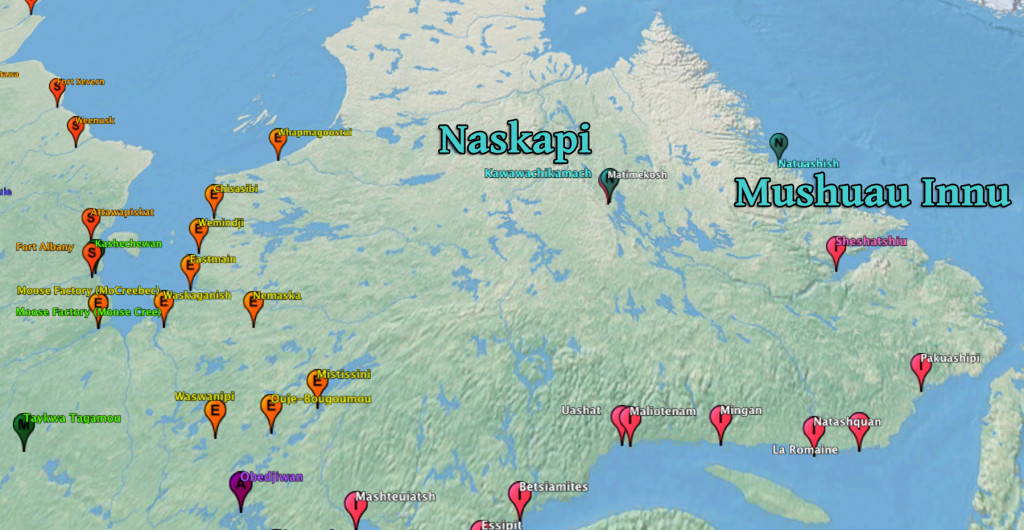

Mushuau Innu Teacher Training in Natuashish, Labrador
In January of 2013, the Naskapi Development Corporation made a significant needed investment in human resources by recruiting and training for four additional full-time “Language Specialist” positions. Over the years, the NDC’s work on many of its language projects had progressed somewhat slowly partly because of the limited number of adequately trained and experienced language workers.
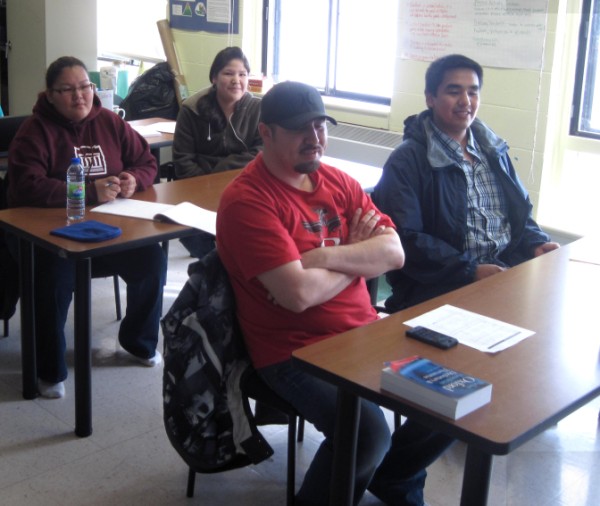
Four new Naskapi language workers — 2013
These new translators followed new Naskapi language training modules developed by Bill for the Naskapi teachers, which enhances their reading skills with instruction in Naskapi language structures.
In February 2013, the Old Testament book of Genesis was dedicated at St. John’s Church, Kawawachikamach. This is the first major Old Testament book completed in Naskapi.
In the spring of 2014, we took part in meetings between Wycliffe/SIL and the Canadian Bible Society (CBS) at the CanIL Harvest Centre on the Trinity Western University campus in Langley BC. It became clear to all the representatives from both organizations that more could be done to meet the remaining Bible translation needs evident within the Cree group.
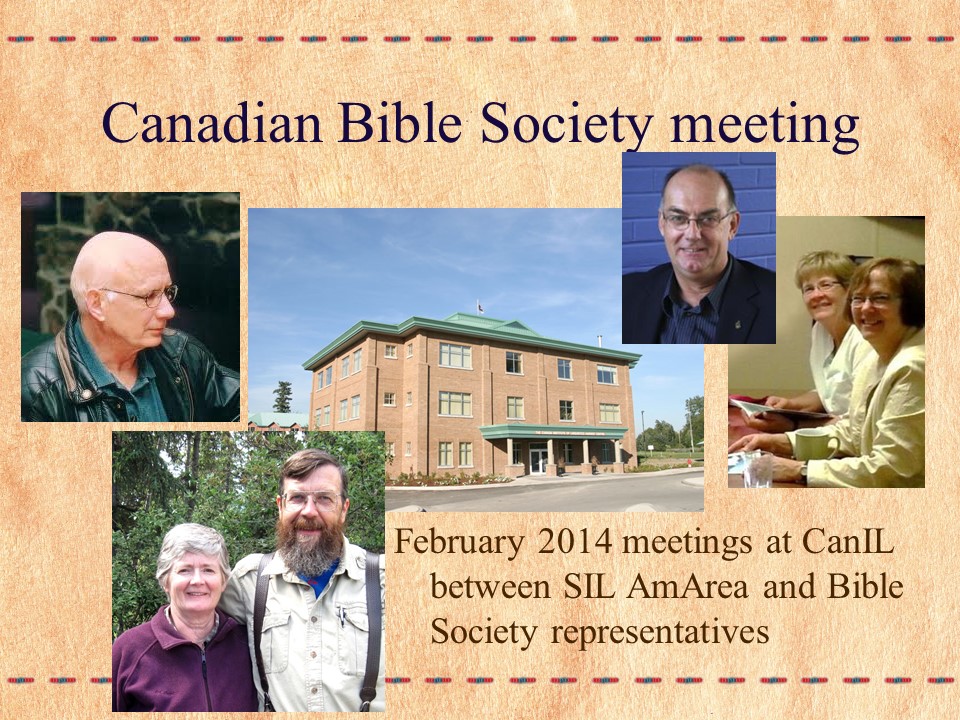 In light of our own experience in the Naskapi project and the transition of that project toward an increasing level of Naskapi leadership and capacity, we were encouraged by our administrators to seek God’s direction, increase our input and attention to other related language translation needs in Canada, and begin to leverage our own experience and education towards consulting and mentoring new teams and translation projects in these areas.
In light of our own experience in the Naskapi project and the transition of that project toward an increasing level of Naskapi leadership and capacity, we were encouraged by our administrators to seek God’s direction, increase our input and attention to other related language translation needs in Canada, and begin to leverage our own experience and education towards consulting and mentoring new teams and translation projects in these areas.
First Nations Bible Translation Capacity-Building Gathering
In June of 2014, First Nations church leaders and Bible translation resource persons came together for a series of meetings held in Prince Albert, Saskatchewan (follow the link to the Bible Society story about this Gathering). The purpose of this event was to share vision and information, deepen relationships, and to listen to the needs and desires of First Nations people with regard to access to the scriptures in their heart language. Stakeholders and strategic partners (First Nations leadership, the church) began a dialogue towards building Bible translation capacity within First Nations communities to meet those needs, and to discuss interests and future plans to this end that would require coordination and communication.
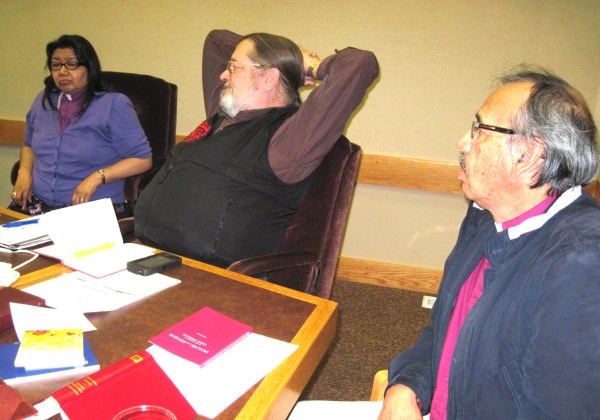
Bishops Lydia Mamakwa, Mark MacDonald and Adam Halkett
One of the most exciting things that God did at this Gathering was to have some of our Naskapi friends and colleagues attend. Cheyenne Vachon and Marianne Chescappio (both of whom are grandchildren of Joseph Guanish, the Naskapi visionary and elder who was instrumental in the Naskapi Bible Translation project) attended the Gathering and shared with the participants how God’s Word in Naskapi has been having an influence on the Naskapi people, their community and their church.
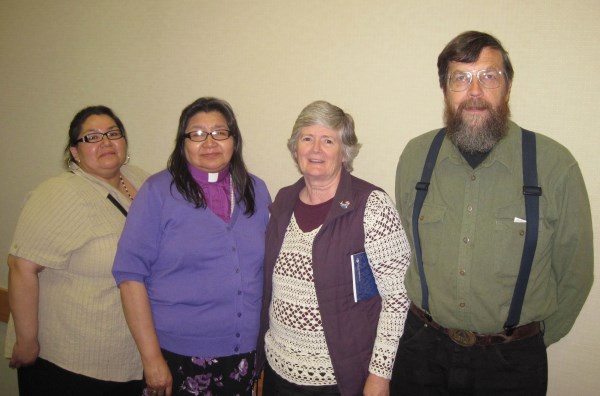
Cheyenne Vachon, Bishop Lydia Mamakwa, Bill and Norma Jean at the Prince Albert Gathering
Marianne and Cheyenne also brought with them video interviews with other Naskapi church members and elders who shared what having God’s Word in their own language meant to them.
Not only did God use these testimonies powerfully among those who attended the Gathering, but the Naskapi team has also reached out to join in the task to help other First Nations language groups begin to get the practical help they need to translate the Bible into their own languages. They did this by agreeing to host “linguistics interns” who have been called to serve in other First Nations communities across Canada in their own Naskapi community.
Naskapi Linguistics Internships
First Nations communities need translation help from resource partners, including the skills of linguists and specialists equipped to assist with language development tasks, technical training and capacity-building so that they can confidently translate the Bible into their own languages. These linguists and resource partners need to complete their training in a First Nations community where they can learn to be sensitive and respectful to First Nations culture, and to begin to learn First Nations language patterns. This can be accomplished by having these linguistics teams hosted by the Naskapi language project as interns, where they can gain this valuable first-hand experience. At the same time, these linguistics intern teams assist the Naskapi translation team on-site to move the Naskapi projects ahead and help continue to build the capacity of the Naskapi translators.
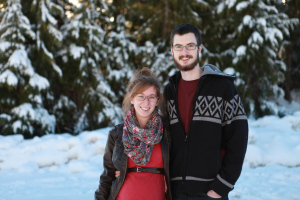
Matthew and Caitlin Windsor
In August and September of 2015, we brought Matthew and Caitlin Windsor, new members of Wycliffe Canada, to meet the Naskapi translation team. They have responded to the call to serve First Nations by facilitating Bible translation in their languages, and plan to complete their preparation by doing an internship with the Naskapi translators. Lord willing, they will begin their internship with the Naskapi sometime in mid-2016. We invite you to follow their journey at their website “The Windsors Up North“, and to keep them in your prayers.
It is so exciting to see God’s ongoing work in First Nations communities, and especially to see Him begin to use the Naskapi people themselves to encourage and help other First Nations communities to hear God speak to them in their own languages.
Serving with you,
Bill and Norma Jean

